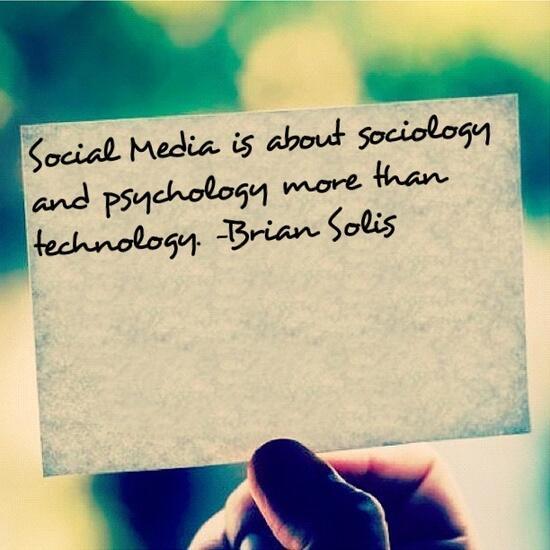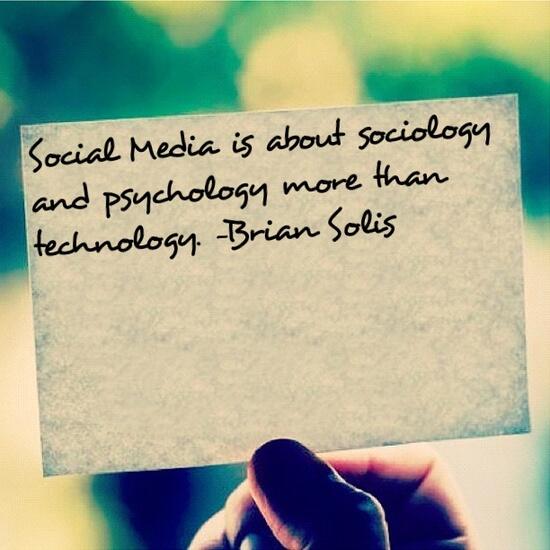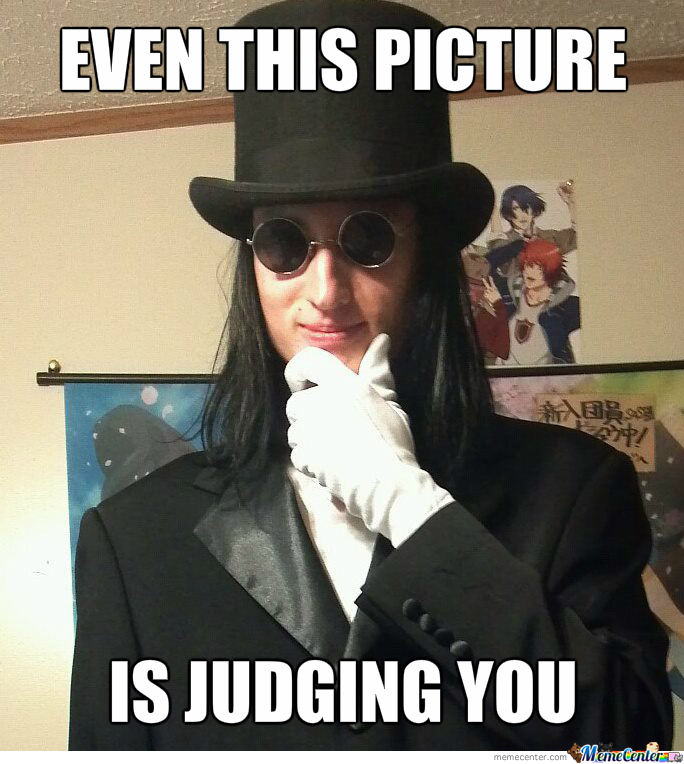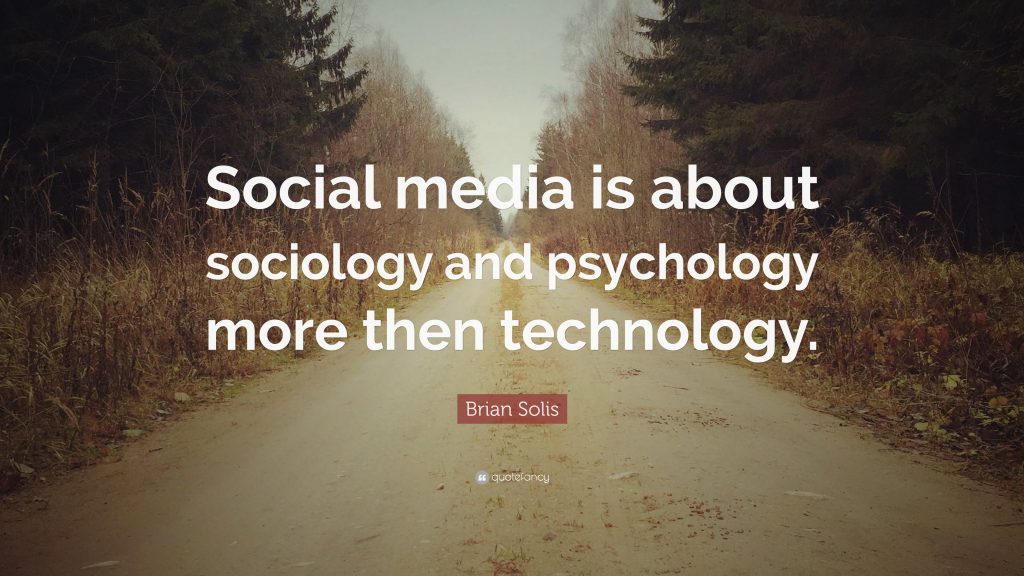A quote I originally published circa 2007 was recently shared on Caso Cerrado on by the one and only Dra. Ana María Polo. “Social is more about sociology and psychology than it is technology.” Muchísimas gracias, Ana! 🙏
Social Media is About Sociology and Psychology Not Technology
An important reminder… Social media is about sociology and psychology, not technology. Original quote circa 2007. I’ve remixed it over the years to include anthropology and other social sciences. The original idea is what helped to formalize my work into what would eventually become “digital anthropology.” The statement was true then and perhaps, truer now. Source: Google
Meltwater Quotes Brian Solis in Article About User/Consumer Behavior
In an article by Wesley Matthew on the Meltwater site called “Tackling Trends in User Behaviour: What’s Hot and How to Stay on Top of It All,” the writer quote “the famous words” of Solis to support his thesis exploring the changing behaviors of consumers in an ever-shifting digital landscape. Solis’ quote is short but to the point, and, in Matthew’s estimation, ring true for various touchpoints: “Social media is about sociology and psychology more than technology.” Matthew uses the…
The New Peeple App Does Not Represent People; Stop This App Before It’s Released
“Character is destiny.” This is the ironic tagline for Peeple (I’m not linking to it), a new app that wants to be the “Yelp for people” allowing anyone to rate you “professionally, personally and romantically” as long as they have 1) a Facebook account, 2) your phone number and 3) that they’re a real person. I’m not kidding. This is a real app that is one-to-two months away from impacting your social, professional and dating graphs all because two…
Social media is about social science not technology
In 2007, I wrote an article entitled, “Social Media is About Sociology Not Technology.” It’s a statement that after five years (and counting), I thankfully continue to see shared every day on Twitter. As time passed and experience matured, I amended that statement to now read, “Social media is about social science not technology.” Why did I change such a powerful statement? I believe that it is not only stronger now, it is also truer. See, sociology is just one…
Study: Will You Abandon Facebook in Favor of Google+?
The question seems premature or perhaps over dramatized, but I ask it with all sincerity. Whether the answer is yes or no or if the answer is not yet within grasp, think about the question at any level you wish and try to answer it. It is the process of thinking through the strengths and weaknesses of Facebook and Google Plus where you discover what each network means to you and why and how you will divide your time and…
The Twitter Paradox
There’s an old saying, “If it ain’t broke, don’t fix it.” Twitter is a paradox that redefines that old saying to, “If it’s broke, don’t fix it, because it works.” For all intents and purposes, Twitter shouldn’t work, yet 200 million people (and bots) have created accounts in this thriving information egosystem. Now, news no longer breaks, it Tweets. Celebrities use it daily to connect directly with fans and also augment their income streams. Politicians and governments use Twitter to…
Malcolm Gladwell, Your Slip is Showing
Solidarity Time is always limited, but in these historic times, I wished to add perspective in the hopes of moving this important conversation in a productive direction. Malcolm Gladwell continues his march toward dissension with his latest installment in the New Yorker about social media vs. social activism. Honestly, Gladwell is more than welcome to share his thoughts as it is a democratized information economy after all. I do find it alarming however, that he is wielding his influence through…
An Audience with an Audience of Audiences
From my book…The End of Business as Usual Several years ago, Mollie Sterling shared a picture of a classroom at her alma mater, The Missouri School of Journalism. The picture eventually went viral and in 2008, Apple used it in a press conference announcing a next generation Macbook event. In her post entitled “Look at them Apples,” Sterling featured the now famous picture with a statement that documented the rapid evolution in human computing and networking, “It does my heart…
Best of 2010: Getting to Know Your Friends, Fans and Followers
In 2010, we were introduced to the important distinctions between monitoring and listening. At the same time, we observed an emerging dichotomy between the social graph (your personal and professional connections) and the interest graph (those who share common interests, goals, and concerns). For business strategists, publishers, and marketers, windows into the world of customers and influencers were finally jarred open to reveal the people who define online markets. In 2011, we will place greater emphasis on listening as a…







